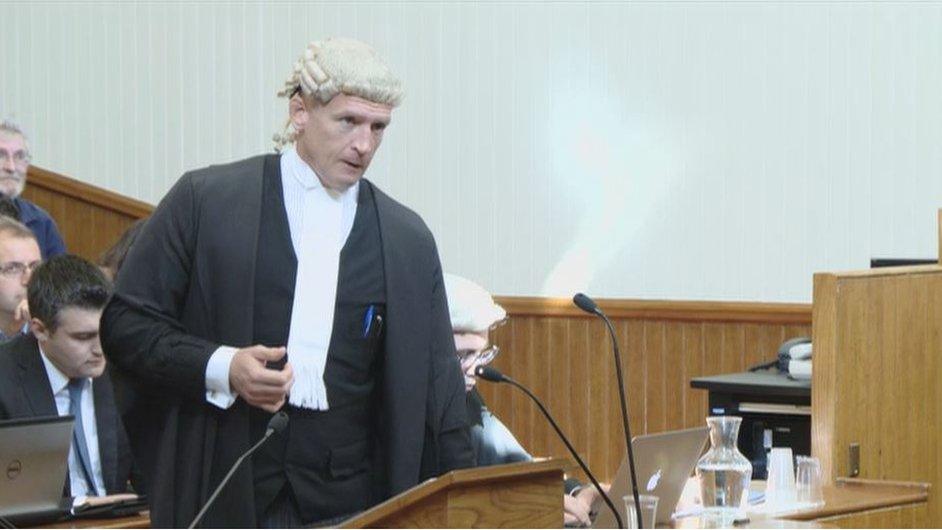Judges to deliberate on Carmichael case after court evidence ends
- Published

Four of Alistair Carmichael's constituents are challenging his election
The two judges in the special election court of Orkney and Shetland MP Alistair Carmichael will now consider their verdict after hearing all the evidence.
Four constituents have raised the action against the Lib Dem under the Representation of the People Act 1983.
They say he misled voters over a memo which was leaked before May's election.
Mr Carmichael's lawyer Roddy Dunlop QC called for the petition to be dismissed.
The QC representing the constituents argued Mr Carmichael launched an "unguided missile" after a memo was leaked.
Jonathan Mitchell QC said the former Scottish secretary never believed he would be exposed over the leaked memo.
The contents of the memo, published in the Daily Telegraph at the start of the election campaign in April, claimed that SNP leader and Scottish first minister Nicola Sturgeon would secretly prefer Tory leader David Cameron as prime minister rather than his Labour opponent Ed Miliband.
At the time of the leak, Mr Carmichael claimed in a TV interview the first he had heard of it was when he received a phone call from a reporter.
An inquiry began into the circumstances surrounding the leak.
'Unguided missile'
Mr Mitchell, in his closing submission, told the hearing in Edinburgh: "He goes into the inquiry with three people knowing truth of the matter - himself, Mr Roddin [Alistair Carmichael's adviser] and Mr Simon Johnston of the Daily Telegraph.
"We have here a Liberal Democrat MP and a Liberal Democrat advisor who wish to launch this unguided missile into the blue.
"And he goes for that purpose to a Conservative-supporting journalist at a Conservative-supporting newspaper."
He said the case was concerned with "the man beneath the politician".
Roddy Dunlop QC, in his closing submission for Mr Carmichael, said the basis of the petition against the MP was solely the Channel 4 interview in the wake of the newspaper story.
He added that there was no indication that there would be a complaint of misleading the inquiry.
Mr Dunlop QC also said leaking "happens in politics".
In his submission to the court, he said: "It is irrefutable that the leak was a political leak. That was very clearly Mr Carmichael's evidence.
"Leaking is, on the evidence, something that happens in politics. This leak was political. That means a false denial about involvement in the leak would be a false statement about a political matter."
Referring to the Channel 4 interview, Mr Dunlop QC said to end someone's political career on the basis of something "blurted out" in a television interview when they have tried repeatedly to avoid a question would be "disproportionate".
He added: "That interview - on its own uniformed by any other evidence - it cannot be said beyond reasonable doubt that Mr Carmichael's purpose, dominant motive, was to affect his return at the election. It is a very strange way to try and enhance ones prospects at the election by trying three times to avoid answering the question."
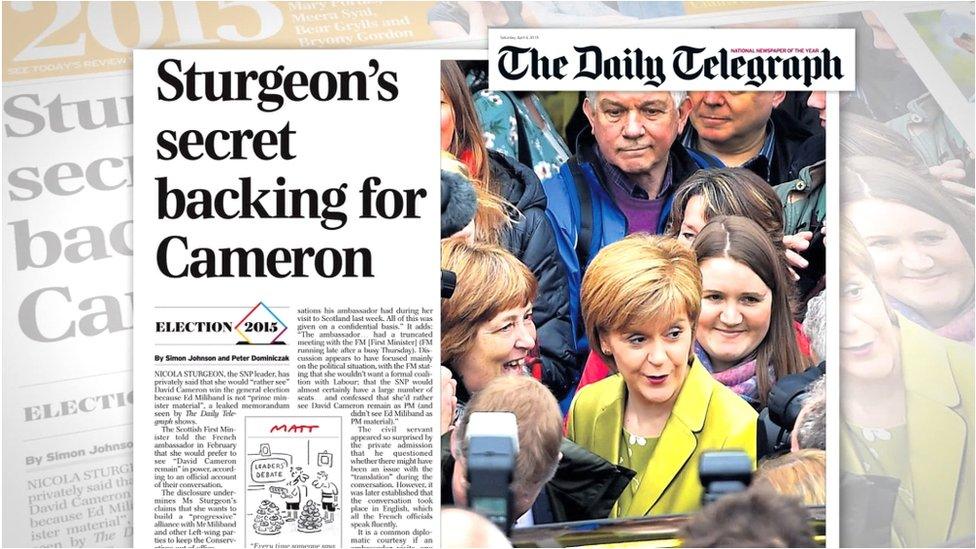
The case centres around a Daily Telegraph article
The newspaper said the first minister's comments, reportedly made to the French ambassador, undermined claims that she wanted to build a "progressive alliance" with other left-wing parties.
Mr Carmichael - who was Scottish secretary in the Tory-Lib Dem coalition before the election and is now his party's only MP in Scotland - authorised the leaking of a civil service memo by his special adviser.
Both the ambassador and the first minister later denied the accuracy of the civil service memo.
The court heard how a Cabinet Office inquiry into the leak was launched shortly after the newspaper article was printed on 3 April.
Mr Carmichael told the court he was initially "less than fully truthful" with the inquiry.
Attempt to mislead
Mr Carmichael's lawyers argue his actions were political and did not affect his re-election.
Mr Carmichael admitted on Tuesday that he tried to mislead the Cabinet Office investigation.
The election court in Edinburgh heard evidence from six witnesses over three days, in what is believed to be the first case of its kind in Scotland for 50 years.
Legal argument was earlier heard in September, and was broadcast and streamed live online.
The evidence from witnesses during this week's hearing has not been broadcast, but the lawyers' closing statements will be broadcast.
The two judges, Lady Paton and Lord Matthews, will present their judgement to the House of Commons at a later date.
- Published10 November 2015
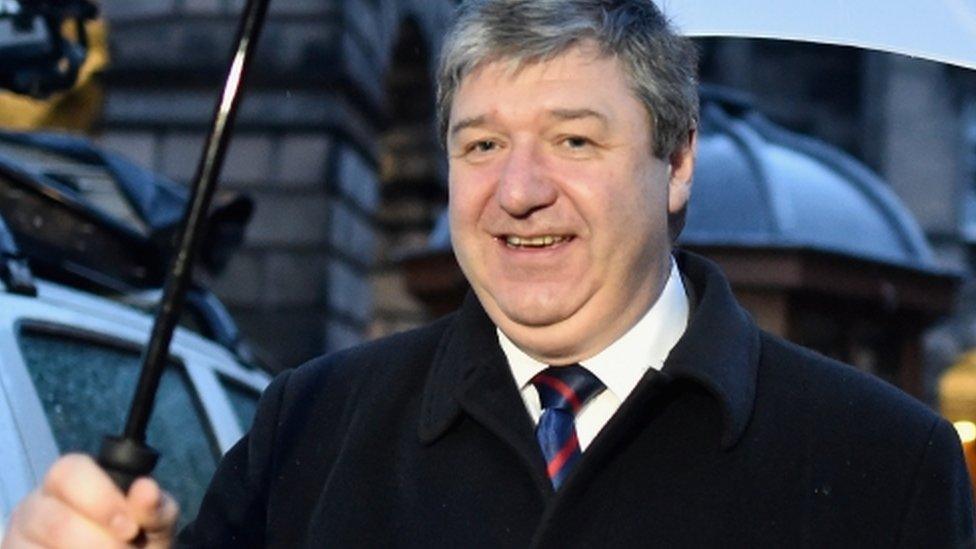
- Published9 November 2015
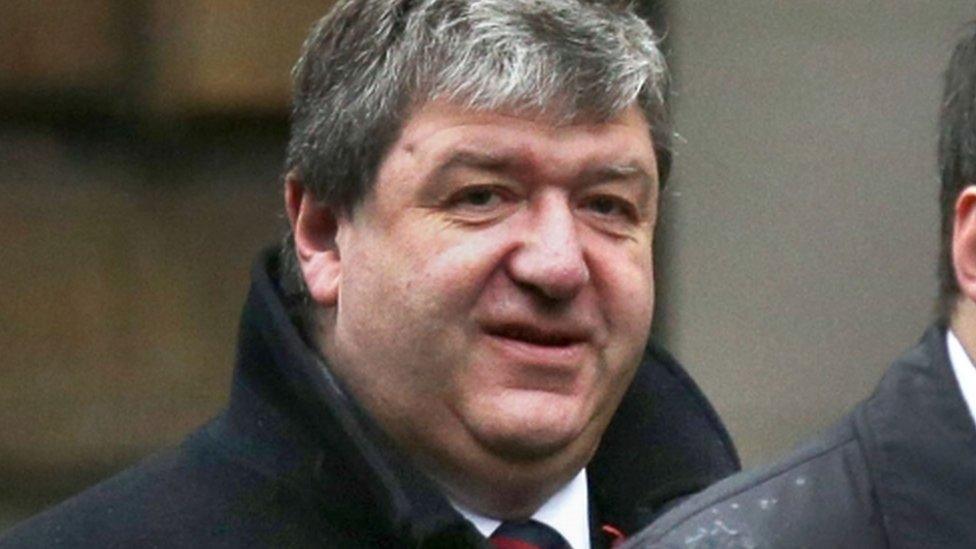
- Published12 October 2015
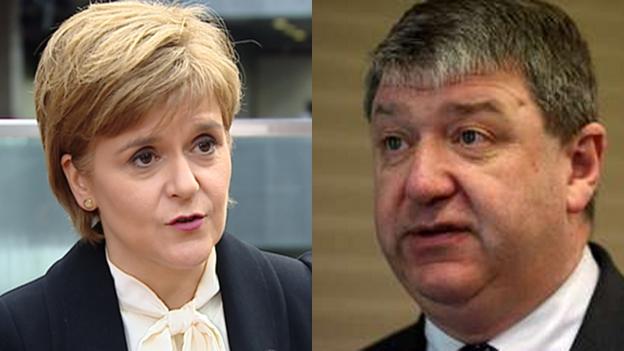
- Published29 September 2015

- Published10 September 2015
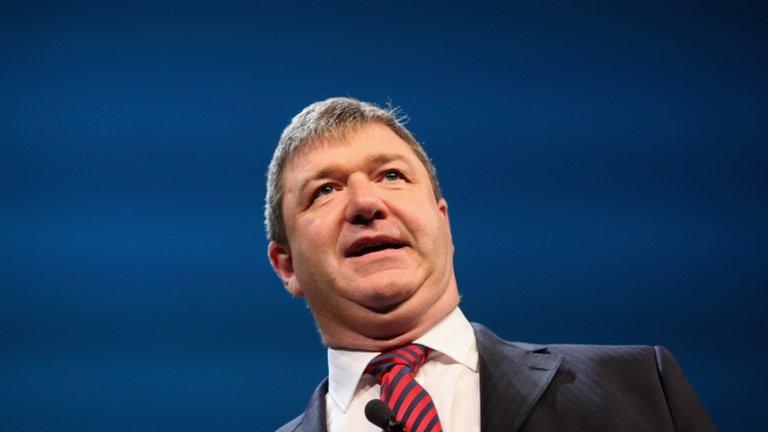
- Published8 September 2015
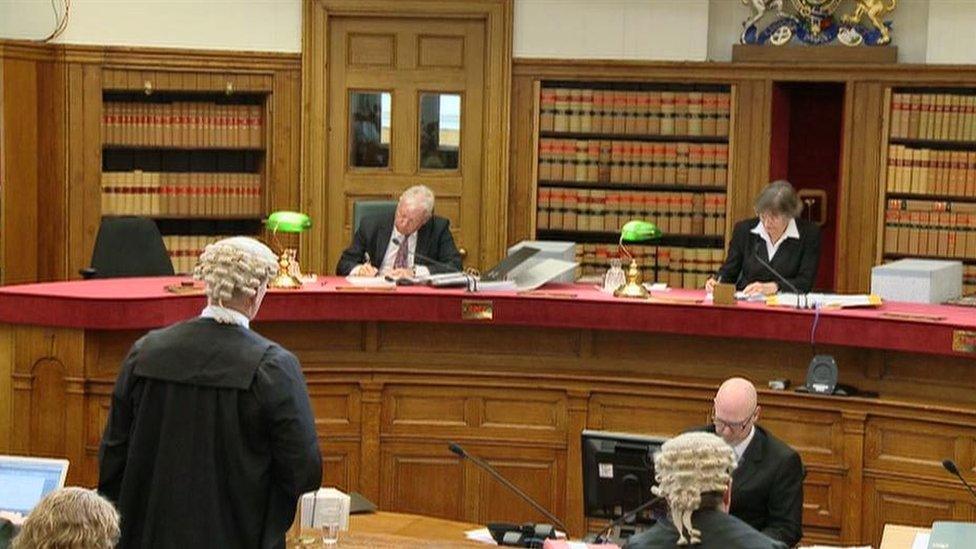
- Published8 September 2015
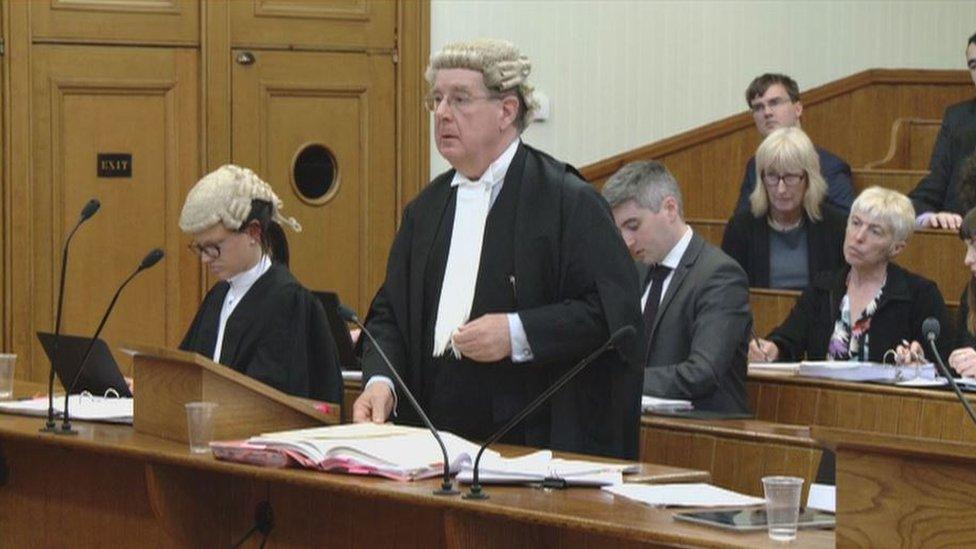
- Published7 September 2015
